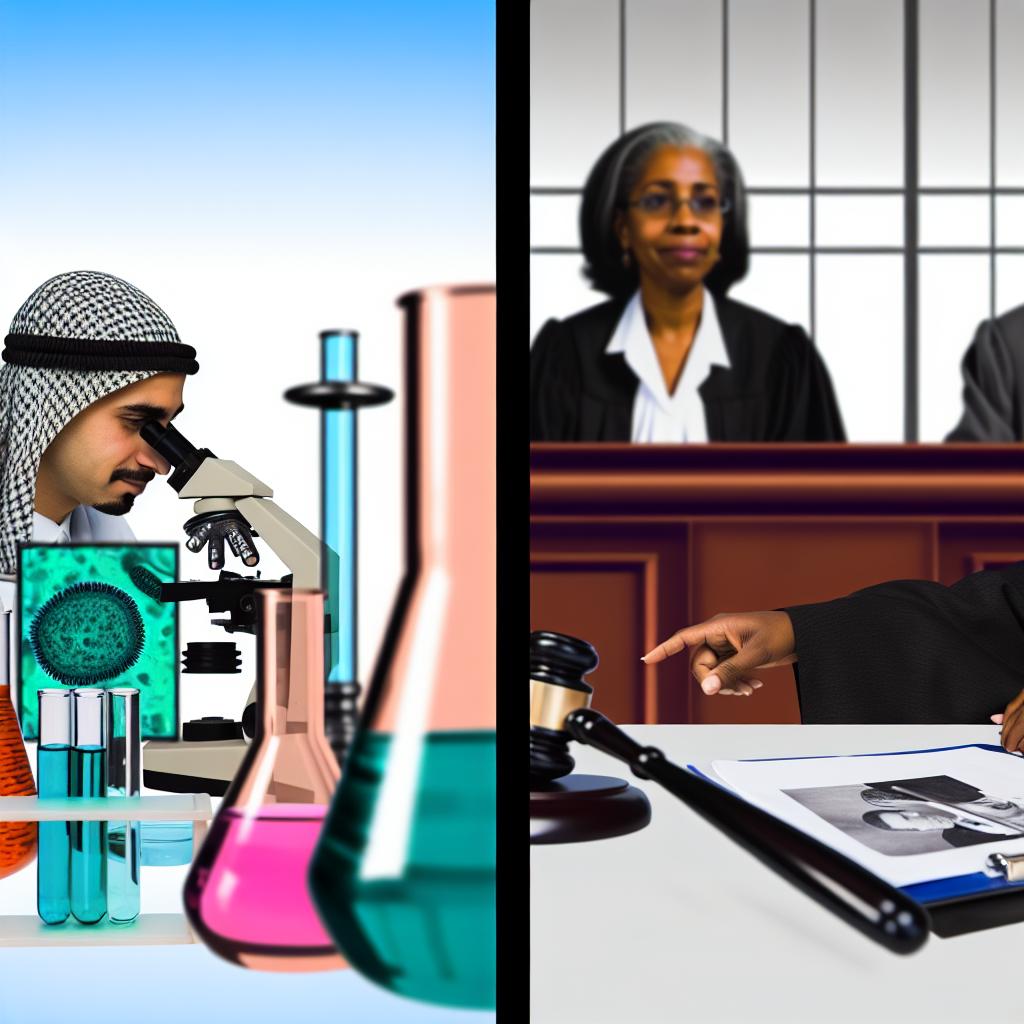Understanding Discovery and Disclosure
In various fields, particularly in legal contexts, the terms discovery and disclosure are frequently used. While they might seem similar or even interchangeable at first glance, they have distinct roles and implications. Understanding the differences between these concepts can provide clarity in not only legal procedures but also in broader contexts like scientific research and reporting.
Definition of Discovery
In legal proceedings, discovery is the pre-trial process where parties involved in a case exchange information and gather evidence from one another. The primary goal of discovery is to ensure that both parties have access to the facts and can prepare their cases adequately. It plays a critical role in fostering a fair trial by ensuring that no party is taken by surprise with new evidence during the trial.
During the discovery process, several methods can be utilized to collect relevant information. These include depositions, interrogatories, requests for production, and admissions. Each method serves a specific purpose and is used depending on the type of evidence required.
Depositions allow lawyers to take sworn out-of-court testimonies from witnesses which can later be used in court. It provides an opportunity to understand what a witness knows and to document their testimony. Unlike a trial setting, depositions are more informal and allow lawyers greater flexibility in questioning.
Interrogatories involve written questions that one party sends to the other, requiring detailed written responses. This tool is crucial for obtaining a clear understanding of the other party’s position on specific facts or issues.
Requests for Production involve one party asking another party to produce documents, electronic records, or other tangible evidence relevant to the case. This enables parties to gather physical evidence that supports their case.
Admissions entail requests to have certain facts acknowledged as true, which helps to streamline issues and focus on the disputes that remain unresolved.
Example of Discovery in Practice
In a civil lawsuit, discovery allows the plaintiff and defendant to obtain essential evidence from each other. For instance, in a contract dispute, discovery might involve gathering email communications, meeting notes, and relevant financial statements to establish the facts of the case. By accessing these documents, parties are better prepared to argue their positions, making the trial more focused and efficient.
Definition of Disclosure
Disclosure, on the other hand, refers to the act of making new or confidential information known. In legal contexts, it often pertains to the obligation to reveal relevant information, often guided by statutes, court rules, or ethical duties. Disclosure aims to create transparency and maintain trust, especially in environments where information plays a crucial role in decision-making.
Particularly in regulatory settings, disclosure is pivotal. It can range from releasing financial data important for investors and stakeholders to revealing potential conflicts of interest that could affect stakeholders’ decision-making processes.
Financial disclosures, for example, ensure that investors have a clear picture of an organization’s financial health, allowing them to make informed investment decisions. Similarly, safety warnings and product labeling fall under disclosure, ensuring consumer protection by notifying potential risks associated with product use.
Example of Disclosure in Practice
In the corporate world, disclosure is crucial for maintaining transparency with shareholders and the public. A company might be required to disclose financial health or material changes in business operations in its annual report. By doing so, they ensure that shareholders and the public are aware of any significant developments that may impact the company’s financial standing or business strategy.
Key Differences
Despite the overlap in their roles of disseminating information, discovery and disclosure differ primarily in their nature and scope. These differences highlight their unique roles in legal and corporate settings.
Intent: Discovery is fundamentally an investigatory process, aimed at uncovering facts and evidence that are not yet known but are critical for preparing a legal case. It involves active efforts to gather and clarify information pertinent to the dispute. Conversely, disclosure involves a more passive role, where there is a duty to share information that is already known or that has recently become available, guided by legal or ethical obligations.
Scope: Discovery has a narrower focus, typically confined to the parties involved in a legal dispute. It deals directly with the key issues at stake in the litigation. Disclosure, in contrast, is broader in audience scope, targeting not just the involved parties but also extending to regulators, shareholders, or the general public who might be affected by or have an interest in the knowledge being shared.
Timing: Discovery usually takes place in the lead-up to a trial. It is a preparatory phase that allows the parties enough time to gather, analyze, and strategize based on the evidence collected. Disclosure, however, does not have a fixed timeframe and can be ongoing. It is often mandated by specific regulatory timelines or triggered by certain events, requiring timely action to maintain transparency.
Conclusion
Understanding the nuanced differences between discovery and disclosure is essential for navigating the complexities of legal and corporate environments. While discovery focuses on evidence gathering for legal proceedings, helping parties build their cases effectively, disclosure prioritizes transparency and accountability in sharing pertinent information that could influence public perception, regulatory compliance, and stakeholder relations. Both concepts play vital roles in promoting fairness, preparedness, and informed decision-making, ensuring that all parties have the knowledge needed to act responsibly and justly in their respective fields. As such, both elements contribute to the integrity of legal processes and corporate governance.
